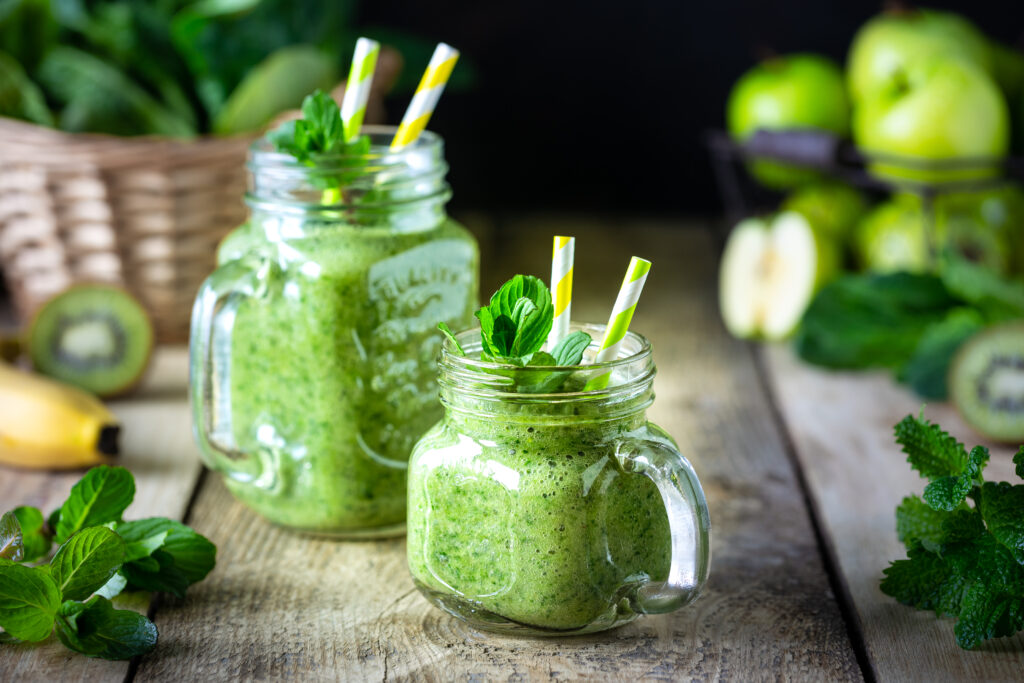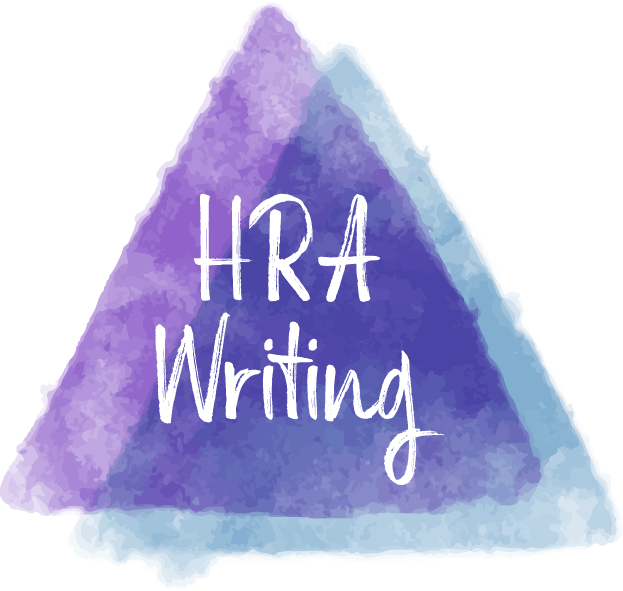As we welcome the new year, January offers the perfect opportunity to reset, refocus, and prioritise our health and wellness goals.
Whether your readers are looking to shake off the holiday indulgences, establish new habits, or simply enhance their overall wellbeing, this month presents the ideal backdrop for cultivating a healthier lifestyle. From mindful eating and fitness routines to mental health practices and holistic wellness approaches, January is full of possibilities.
In this post, I’ll explore key health and wellness topics that can inspire your audience to make meaningful changes as they begin 2025 with vitality and purpose.
The Benefits of Dry January and Reducing Alcohol Intake

Dry January has become a popular movement where individuals take a break from alcohol for the first month of the year. After the festive season, which is often filled with indulgent meals and holiday drinks, many people feel the need to reset their bodies and minds.
Why is it relevant to January?
January, symbolising a fresh start, offers a great opportunity to reduce or eliminate alcohol consumption, allowing the body to recover and rejuvenate. For your audience, this can serve as a gateway to long-term healthier habits. Reducing alcohol intake during this time not only helps detoxify the body but also supports mental clarity, improved sleep, and better hydration – all of which are crucial for overall wellness. It’s also a great time to start new routines that could extend beyond the 31-day mark, establishing a healthier relationship with alcohol or choosing an alcohol-free lifestyle altogether.
When should you post it?
Timing is key when sharing content about Dry January. Ideally, posts should go live in late December or the very beginning of January to catch the attention of readers who are preparing their health goals for the new year. A post between December 27th and January 2nd is perfect for grabbing readers when they’re in planning mode and looking for a fresh start. Consider scheduling reminders or check-ins midway through the month to keep up engagement and offer tips for those taking part in the challenge. If you offer products or services related to alcohol reduction, like mocktails or wellness guides, featuring those in follow-up content is a great way to extend the conversation.
Who is this topic suitable for?
The Dry January movement and the broader conversation about reducing alcohol intake can be relevant to a wide range of clients and industries:
- Pharmacies: Promoting alcohol-free alternatives, supplements for detoxification, or even hosting in-store events focused on wellness challenges.
- Doctors and Healthcare Providers: Offering patient education on the health benefits of reduced alcohol consumption, including improved liver function, lower blood pressure, and mental health support.
- Wellness Coaches and Nutritionists: Encouraging clients to join Dry January as part of their health transformation plans, emphasising the connection between alcohol consumption and overall wellness goals.
- Fitness Studios and Gyms: Highlighting how cutting alcohol can improve physical performance, energy levels, and motivation.
- Mental Health Practitioners: Discussing the mental and emotional benefits of reduced alcohol intake, such as improved mood, anxiety reduction, and better cognitive function.
This topic can be adapted for any business or professional who works in health, wellness, or even hospitality, where low or non-alcoholic beverages can be promoted as part of a healthier lifestyle shift.
Detoxing from Holiday Indulgence: Fact or Myth?

The idea of “detoxing” after the holiday season has become increasingly popular, with many people feeling the need to cleanse their bodies after a period of indulgent eating and drinking. But is detoxing really necessary or effective? In this post, you can explore the science behind detoxing, whether our bodies truly need it, and how your readers can approach post-holiday health in a practical and beneficial way. You can separate fact from myth and provide evidence-based strategies for bouncing back after the holidays.
Why is it relevant to January?
After the festive period, many people feel sluggish, bloated, and ready for a fresh start. The idea of detoxing aligns with the broader “New Year, New You” mindset that many people adopt in January, making it a popular topic to address. From cleanses to detox teas, consumers are often bombarded with messages suggesting that they need to reset their systems after holiday indulgence. January is an ideal time to educate your audience on what their bodies actually need to recover and get back to balance. This month offers a perfect backdrop to discuss how natural detoxification processes already occur within the body and how healthier habits – rather than extreme detox measures – can better support wellbeing.
When should you post it?
To maximise engagement, posting about holiday detoxing should be timed for early to mid-January. This is when people are most likely to search for ways to recover from their festive season habits and are setting new wellness goals. Aim to publish this content between January 3rd and January 10th, once the holidays are behind them and readers are ready to refocus on their health. A follow-up later in the month could also keep the conversation going, especially if you offer sustainable tips for maintaining balanced health throughout the year.
Who is this topic suitable for?
This topic can resonate with a variety of audiences within the health and wellness sectors:
- Pharmacies: Offering advice on natural supplements that support liver function or digestion and promoting healthy post-holiday practices like hydration and balanced nutrition.
- Doctors and Healthcare Providers: Educating patients on the body’s natural detox processes and debunking myths around extreme detox methods, while offering realistic tips for post-holiday recovery.
- Dietitians and Nutritionists: Encouraging clients to focus on nourishing foods and sustainable health habits rather than short-term detoxes. Providing meal plans that help the body recover naturally.
- Wellness Coaches and Fitness Trainers: Helping clients transition back to fitness routines with realistic advice about rebalancing their bodies after the holidays.
- Spa and Wellness Retreats: Offering relaxation and rejuvenation services that help reduce post-holiday stress and support overall wellbeing.
This topic is ideal for professionals looking to educate and support their audience in making healthier, evidence-based choices rather than falling for detox myths.
Financial Wellness: Managing Stress Through Budgeting and Planning

Financial wellness is significant in overall wellbeing, yet it’s often overlooked until financial stress becomes overwhelming. After the holiday season, many people face the reality of overspending and start the new year with financial anxiety. By focusing on budgeting and planning, your readers can reduce stress, regain control of their finances, and set themselves up for success throughout the year.
Why is it relevant to January?
January is a crucial time for financial wellness because it often follows a period of heavy spending during the holiday season. Many people begin the year with financial stress due to holiday expenses, and they may also be setting new financial goals as part of their New Year’s resolutions. This makes it the perfect month to focus on budgeting, planning, and managing money more effectively. By addressing financial wellness in January, you can help your audience reduce stress, regain control of their finances, and set a positive tone for the year ahead. Learning to budget and plan helps create a sense of financial security, which can contribute to overall wellbeing and reduce anxiety.
When should you post it?
The best time to post about financial wellness is at the very start of January, around the 1st to the 5th. Many people will be evaluating their financial situation after holiday spending, so this is the ideal time to offer guidance and support. Content about budgeting and planning can also be relevant throughout January, as people solidify their resolutions and begin implementing their financial strategies. A series of posts over the month can provide ongoing encouragement and tips, helping readers stay on track as they develop healthier financial habits.
Who is this topic suitable for?
This topic can be relevant to a wide range of audiences and industries:
- Mental Health Professionals: Educating clients on how financial stress impacts mental wellbeing and offering coping strategies through practical money management tips.
- Wellness Coaches: Supporting clients in managing their overall wellness by including financial health as a key component, with tips on reducing money-related stress.
- Pharmacies or Healthcare Providers: Offering financial wellness programs or tools that help individuals manage medical expenses or prioritise spending for their health.
It can even be suitable for the following businesses wanting to provide valuable resources for their customers:
- Financial Advisors and Planners: Offering guidance on how to create a budget, set financial goals, and manage debt in the new year.
- HR Departments and Employers: Providing employees with resources or workshops on financial wellness as part of workplace wellbeing programs, especially as many people face financial strain post-holidays.
Incorporating Self-Care into Your New Year’s Resolutions

The excitement of the holiday season can quickly give way to feelings of exhaustion, stress, or even sadness as the festivities come to an end. Many people experience the “post-holiday blues,” a sense of emotional letdown that often coincides with the pressure of starting fresh in the new year.
Why is it relevant to January?
January is when many people feel the emotional toll of the holidays – financial strain, disrupted routines, and the return to everyday responsibilities can lead to stress and burnout. Additionally, the push to create ambitious New Year’s resolutions can intensify feelings of pressure, making self-care a critical component of any goal-setting process. This month is the ideal time to address mental health, as people are seeking ways to recover from holiday fatigue and create healthier habits for the year ahead. Incorporating self-care into their resolutions ensures they are prioritising their mental wellbeing as much as physical or professional goals, promoting a more sustainable and fulfilling path to personal growth.
When should you post it?
Posting content about managing post-holiday blues and integrating self-care into New Year’s resolutions should ideally happen between January 1st and January 10th. This is when most people are reflecting on the holiday season and setting their intentions for the new year. Early January is the prime moment to encourage readers to take a balanced approach to their goals by focusing on their emotional and mental wellbeing. A follow-up mid-month can serve as a helpful reminder to maintain their self-care practices as they continue working toward their resolutions.
Who is this topic suitable for?
This topic can be relevant to a wide number of different audiences, including:
- Mental Health Professionals: Offering strategies for coping with post-holiday blues and helping clients set self-care-focused resolutions for improved mental health.
- Wellness Coaches and Life Coaches: Guiding clients on how to balance their goals with self-care practices that support emotional resilience and prevent burnout.
- Workplace Wellness Programs: Providing employees with resources or workshops on managing post-holiday stress and creating resolutions that prioritise mental health.
- Fitness and Wellness Centers: Encouraging members to incorporate mental wellness and self-care into their overall health goals for a more holistic approach to wellbeing.
- Healthcare Providers: Sharing insights with patients on how to integrate mental health care into their lifestyle changes and New Year’s goals, promoting both physical and emotional health.
Kickstarting the New Year with Fitness Challenges and Routines

Why is it relevant to January?
January is a month of fresh starts, and fitness is often at the top of people’s New Year’s resolutions lists. After the indulgence of the holidays, many people are eager to improve their health, lose weight, or boost their energy levels. Fitness challenges provide a structured way to get back into shape and set a positive trajectory for the rest of the year. These challenges help keep motivation high during a time when people are naturally more focused on self-improvement and achieving new goals. Plus, starting a fitness routine in January can establish long-term habits that improve physical and mental wellbeing throughout the year.
When should you post it?
The best time to post about fitness challenges and routines is in late December through early January, right as people are planning their New Year’s resolutions. Posting between December 26th and January 5th is ideal for capturing the attention of those looking to begin their fitness journey right away. It’s also helpful to offer tips, encouragement, and follow-up posts throughout January to keep people engaged, motivated, and accountable to their new fitness commitments. You can even suggest ongoing challenges or refresh workout ideas later in the month to sustain their interest.
Who is this topic suitable for?
This topic can be adapted for a wide variety of audiences, including:
- Gyms and Fitness Studios: Promoting fitness challenges, workout programs, and membership specials to attract new members eager to start their fitness journey.
- Personal Trainers and Fitness Coaches: Offering customised workout plans, online fitness challenges, or group programs to help clients meet their New Year’s fitness goals.
- Health and Wellness Influencers: Sharing fitness routines, home workout challenges, or wellness tips to motivate followers and provide accountability through social media platforms.
- Sports and Athletic Apparel Brands: Promoting gear and equipment for new workout routines, offering fitness-related content, or partnering with influencers on fitness challenges.
- Healthcare Providers: Encouraging patients to adopt regular exercise routines for overall health, especially for those managing chronic conditions or looking to prevent future health issues.
By capitalising on the natural motivation that January brings, fitness challenges and routines can help individuals make lasting changes that benefit their physical health and mental wellbeing.
Get in Touch
Don’t let a busy schedule stop you from delivering great content. If these ideas align with your goals, let’s collaborate! Drop me an email or book a no-obligation discovery call to discuss how I can help you achieve your goals.
If you’ve found this useful, feel free to fuel my caffeine addiction at Ko-fi

